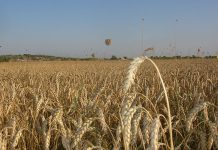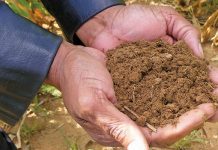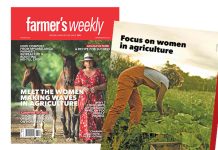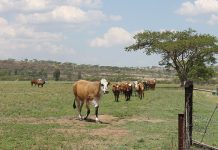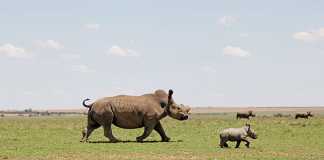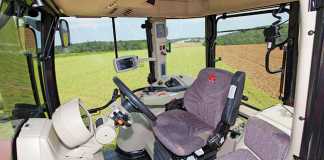South Africans have already started to see a rise in food prices due to drought-related shortages, and the worst is yet to come for farmers and consumers. It is time for government to acknowledge the urgency and severity of the drought and declare a national disaster.
But, according to Agri SA CEO Omri van Zyl, this is unlikely to happen soon. Declaring the drought a national disaster at this time might just be the final nail in the coffin as international credit ratings agencies consider downgrading South Africa to ‘junk status’, says Van Zyl, a scenario government wants to avoid, especially with municipal elections just around the corner.
Another likely reason that government has not yet declared the drought a national disaster is simply because those at the top are not convinced that things are as bad as the farming sector says they are. What government fails to understand is that the true extent of the crisis will only become apparent after winter, by which time it might be too late to meaningfully intervene to save those farmers facing ruin and prevent widespread food insecurity.
Declaring the drought a national disaster now will impel Treasury, as well as other national and provincial departments, to redirect funds towards drought relief efforts. In addition, it will enable the farming community to negotiate special terms with institutions such as SARS and Eskom that could afford farmers some financial relief.
Farmers could also then become eligible for subsidies on interest from the Industrial Development Corporation, for example, says Van Zyl.
The Southern African Development Community (SADC) has already approved a ‘Declaration of the Regional Drought Disaster’, in acknowledgement of the severe levels of hunger and food insecurity in the region.
But, says Van Zyl, while this will help to create international awareness of a drought likely to affect 50 million people in Southern Africa, the SADC declaration means little for farmers who are in desperate need of support.
“Unlike some of the landlocked countries in Southern Africa, South Africa is not facing a humanitarian crisis. We are able to import food and there will not be a national food shortage,” said Van Zyl.
But if the state does not intervene soon, South Africa may well face a food affordability crisis that might cause many poor South Africans to go hungry.


